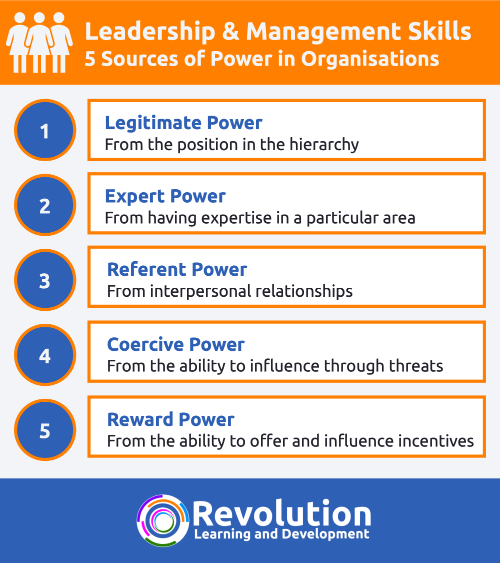Background
The 5 Sources of Power in Organisations is a basis to classify the power in organisations. It describes the different types of power leaders and managers have and how they use them. This article provides a brief over of those 5 bases of power in an organisation.
The Bases of Power
American sociologists John French and Bertram Raven published an article titled ‘The Bases of Power’. Its basis was to classify the power in organisations.
In the article, they identified 5 sources of power and how they are used by leaders in organisations.
The 5 Sources of Power

The 5 Bases of Power in the Raven and Bertram article were:
- Legitimate power
- Expert power
- Referent power
- Coercive power
- Reward power
Legitimate Power
Also known as positional power and it comes from the position the person has in the organisation’s hierarchy.
Typically, managers and leaders who delegate work and set tasks for others are described as having legitimate power. The person who holds the power to exercise it correctly, they have to have been seen (or at least perceived) to have earned it. This may be through time in the role, experience in the role and the results that they have delivered.
Examples of this in an organisation might be the CEO.
This type of power can be unstable. If the person loses the title or their position, their power disappears.
Expert Power
Having expert power comes from having expertise in a particular area. These people are valued in organisations for their problem-solving skills. People will look to them to influence decisions, have input into problems and are held in high regard by their colleagues.
People with expert power may be seen as ideal candidates for promotion in the organisation.
Referent Power
Referent power comes from the interpersonal relationships that a person builds with others in the organisation. People have referent power when other people respect them and like them.
It comes from influence through the behaviour that they demonstrate to others. If they are liked, others are more likely to respect and trust them. This allows the person with referent power to influence others.
This power can also come from the relationships this person forms with key people in the organisation such as the CEO.
Coercive Power
This power comes from a person’s ability to influence through threats, punishment or sanctions. Others will respond to this behaviour because of fear of reprimand. They ensure that others stick to the organisation’s rules, policies and procedures.
The downside is, that you can only use this type of power in short bursts. If it’s used too much it tends to push people away or even leave the organisation.
Reward Power
This power comes from the person’s ability to offer and influence incentives in an organisation. This may be an increase in salary and promotions. They can use this power to motivate employees and team members.
The problem with this power may be that the person cannot always deliver or they can’t always make these decisions about rewards or incentives by themselves. They may need to seek the permission of others who make the final decisions as to whether the reward can be sectioned.
Leadership and Management Training Courses
Want to know more about leadership and management and develop your own leadership and management skills? Take a look at our 2-day Leadership and People Management Skills training course.




